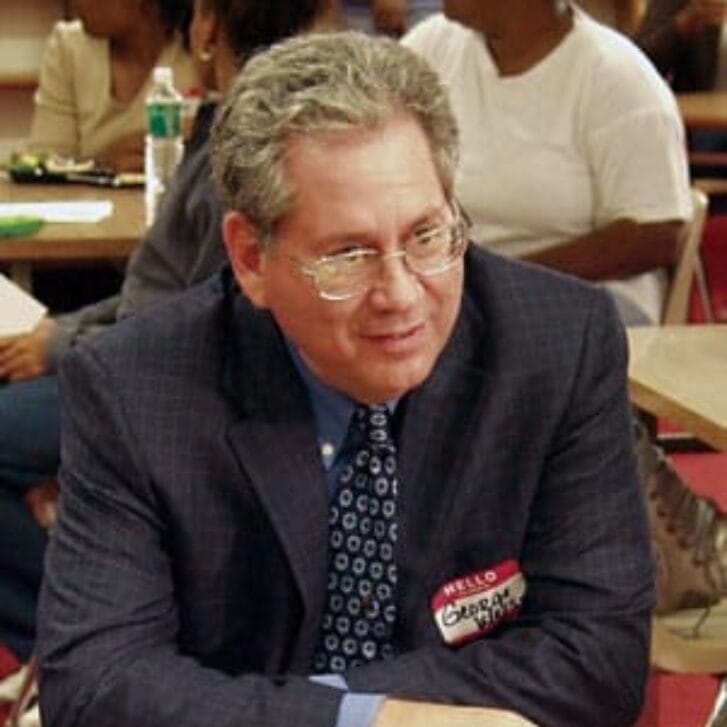Steven Yanis, W’85, played the roles of educator, role model and standup comedian during a presentation to Wharton undergraduate students on Friday, Sept. 7.
At times, he played more than one role at a time, such as when he defined a “hedge fund.”
“Some charge a performance fee and, voila, they call themselves a hedge fund,” the managing partner at Net Return Asset Management LLC joked.
Of course, Yanis then provided the official definition of “hedge fund” and other background information, such as the different strategies that funds implement and the major career choices within the hedge fund universe, from the stars (the managers) to analysts, from finance and risk management to external positions such as fund advisors, fundraisers and administrators.
Yanis was discussing his industry as part of the Wharton Colloquia, organized by Wharton Alumni Relations and the student-run Wharton Alumni Relations Council.
It is safe to assume that most, if not all, of the Wharton students in attendance had some familiarity with the hedge fund industry, as evidenced by some of their questions. One attendee, for instance, asked about the potential incentive conflicts due to fund management fees. Another voiced the concern undoubtedly held by many Wharton students when he asked if finance was still a good career choice.
“I love the industry,” Yanis replied, citing how “intellectually stimulating” the business is as a main reason for why he would still enter into finance if he had the chance to do it all over again.
From a general standpoint, Yanis continued, the finance services sector will come back simply because the money needing investment will not go away. Regarding hedge funds in particular, Yanis foresees significant growth for an industry already investing upward of $1.5 trillion if big institutional investors come on board more than the single-digit percentages of their capital they currently have in these alternative investments.
There is the risk to hedge funds from political blowback against shorting, such as when the U.S. government banned the practice during the financial crisis. But Yanis declared such bans mistaken and pointed to the benefits that short sellers provide to the market.
“The risk wouldn’t be to hedge funds,” he said about shorting bans. “The risk would be to the whole world’s financial markets.”
Whatever the political landscape or state of Wall Street, savvy, skilled fund managers will always have a place.
“There’s still a huge human element in this,” he said, estimating that the top 10 percent of managers are significantly superior to their middling peers.
Few opportunities exist in the “real world” for a 19-year-old to sit in the same room with an eminent investor of Yanis’ stature, yet the Wharton Colloquia afforded undergraduate students the chance to interact with not only him, but also corporate finance veteran Steven Pinsky, WG’91; PwC consultant Shahbaz Alam, W’07; Andrew Stern, W’10, from Bloomberg; and young entrepreneur Justin Reilly, W’10.


























